
Persistent digestive problems cause disruption to our daily lifestyle. There are certain foods that act as trigger for some common digestive problems, and this effects a large part of our human population. Here is a list of 15 foods that cause digestive problems, along with a brief explanation of why they are problematic.
Dairy Foods
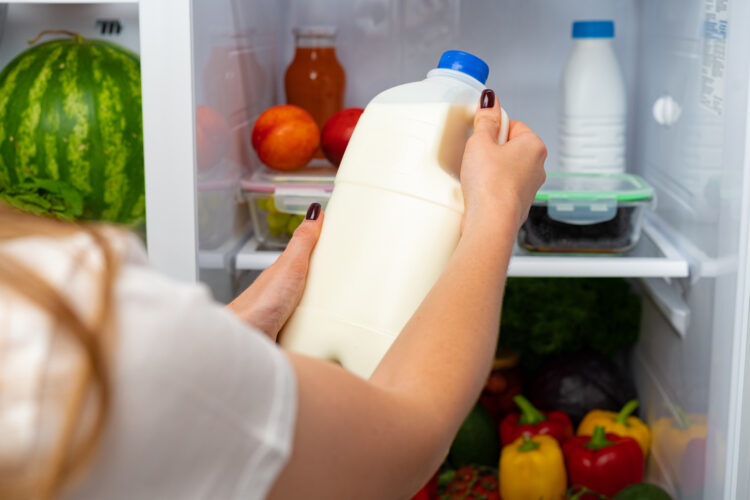
Milk or dairy products contain lactose, also known as ‘milk sugar’, and various scientific researches have shown that large parts of human population do not have the capacity to digest lactose, making them lactose intolerant. Lactose intolerance leads to chronic digestive issues, followed by gas, bloating, abdominal pain, and diarrhoea.
Spicy Foods
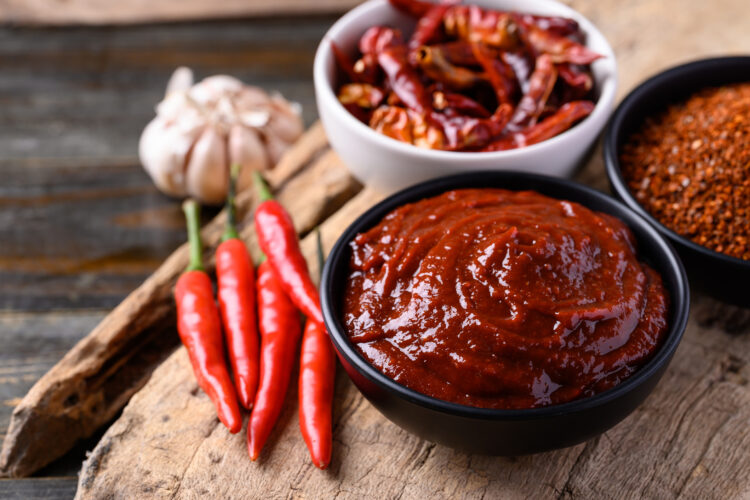
Spice is not digestible by everyone. Some have a high tolerance towards spicy foods, and some do not. Spicy foods have been known to impact our digestive tract, causing indigestion, and in extreme cases, gastritis and irritable bowel syndrome (IBS). Highly spicy foods also cause heartburn and acidity. Avoid spicy foods if you are predisposed to these symptoms.
Fatty Foods
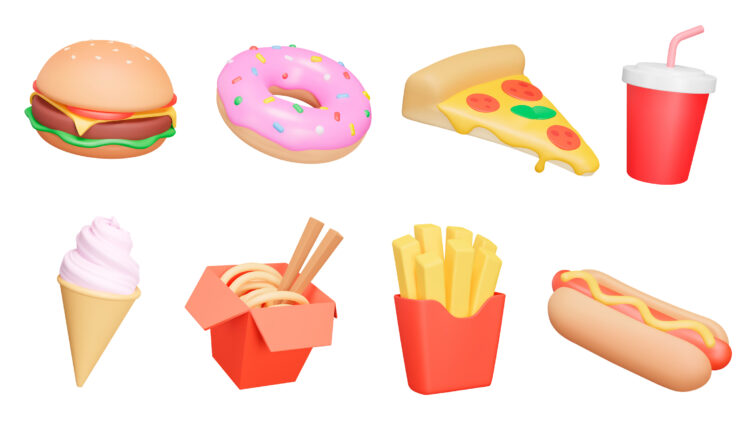
Fatty foods are typically defined as those foods with high concentration of the macro nutrient, fat; common examples include meat, rich desserts, and fried foods. Studies have proven that consumption of fatty foods can lead to a slow down in digestion processes, causing you symptoms like abdominal discomfort and constipation.
Cruciferous Vegetables
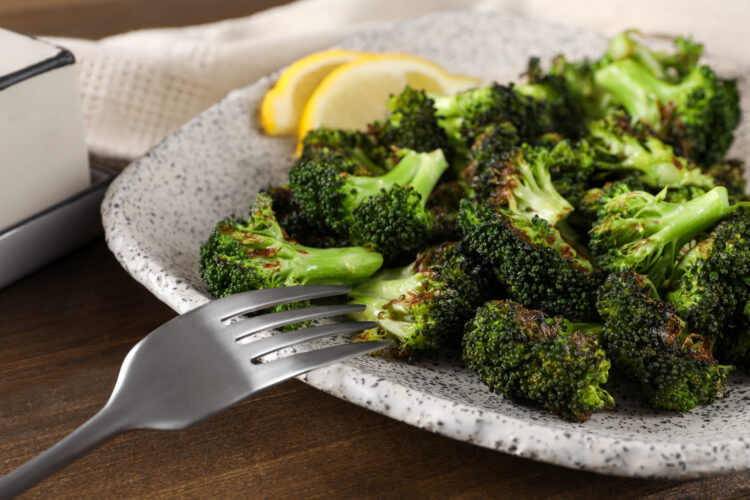
Vegetables are great for us, right? It is but that does not mean that they do not cause digestive issues. While cruciferous vegetables are commonly recommended as part of anyone’s fat loss diet, remember that they contain raffinose, which is a sugar molecule that might cause bloating and gas in some individuals. Common cruciferous vegetables are cabbage, cauliflower, and broccoli.
Legumes and Beans
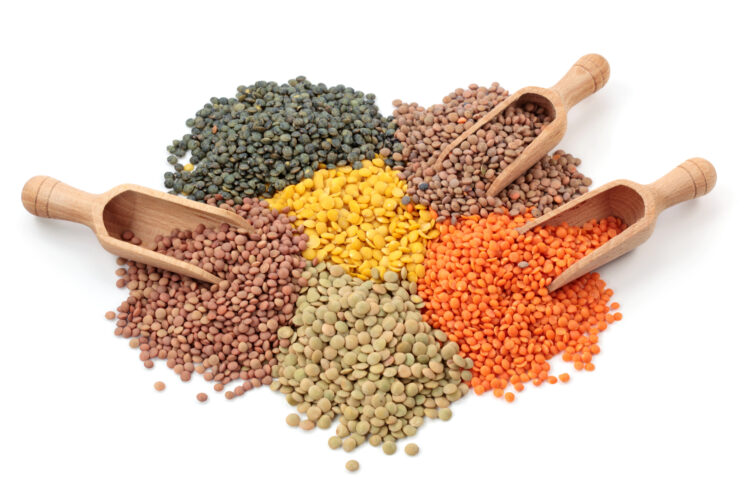
You might have heard people saying that they feel bloated after consuming beans and legumes. This is because they contain oligosaccharides, which is a complex sugar molecule that our body finds difficult to break down and process. Due to this, some people experience abdominal discomfort, bloating, and gas after consuming beans and legumes.
Garlic and Onions
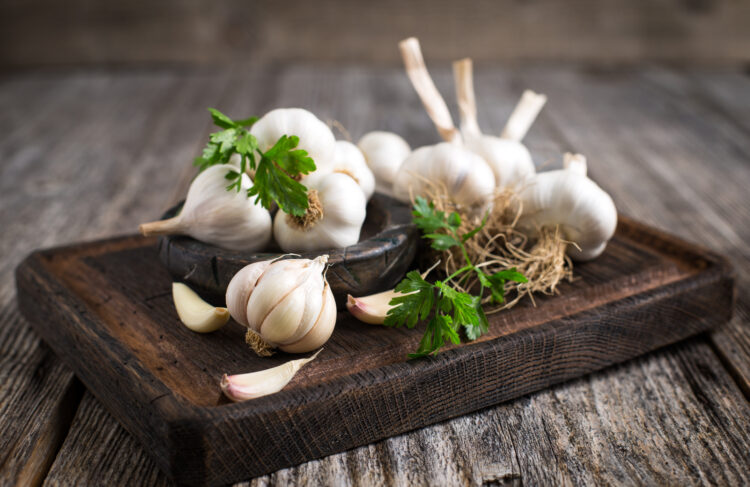
Almost every food item contains one or both of these. Garlic and onions are known for giving flavour to cuisines. However, they can cause digestive problems in some people due to the presence of fructans, which is a polymer of the fructose molecule, leading to issues like bloating and gas.
Carbonated Drinks

This one is a no-brainer actually! What are carbonated drinks? It is water infused with carbon dioxide gas under pressure. Common examples are sparkling water, club soda, and soda water. They cause digestive problems such as abdominal discomfort, irritation, and bloating because we introduce carbon dioxide gas in the digestive system.
Caffeine

Caffeine is commonly found in chocolates and coffees. They are a diuretic, which means they cause the body to lose water and lead to dehydration. They stimulate the digestive tract, leading to diarrhoea and increase in bowel movements in a short span of time. Continued consumption of caffeine can worsen IBS as well.
High Fiber Foods
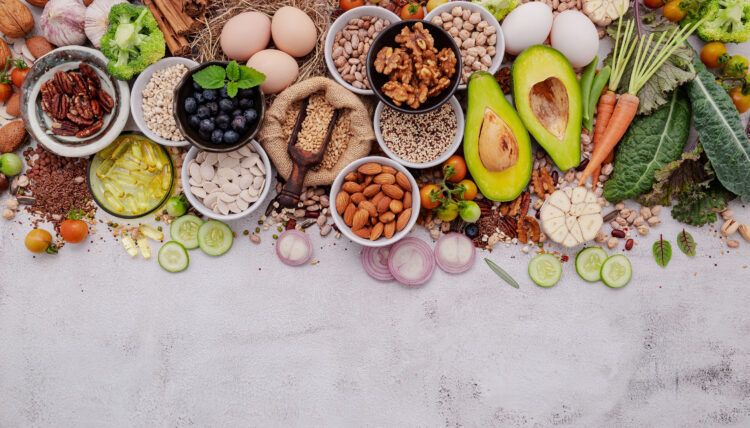
30 gram/day is the recommended fiber intake by The Scientific Advisory Committee on Nutrition (SACN) since 2015. Fiber is extremely crucial for our digestive health; however, consuming too much of fiber will lead to digestive problems like diarrhoea, bloating, and gas. Stick to the recommended nutritional requirement.
Artificial Sweeteners

Again, a no-brainer really! Artificial sweeteners, as much as they are promoted these days, are not good for our digestive tract. Why? They contain mannitol and sorbitol which our digestive tract cannot absorb, leading to digestive problems like gastritis and acid reflux. If you are replacing natural sweeteners with the artificial ones, think again!
Alcohol

Someone rightly said that alcohol is perhaps the world’s only ‘legal’ poison that we love to consume for celebration! Regular consumption of alcohol can lead to severe digestive problems such as gastritis and acid reflux because they irritate the digestive tract and relaxes the stomach muscles. Slowly, it begins to inflame the gut and begins to damage the intestine lining.
Processed Foods
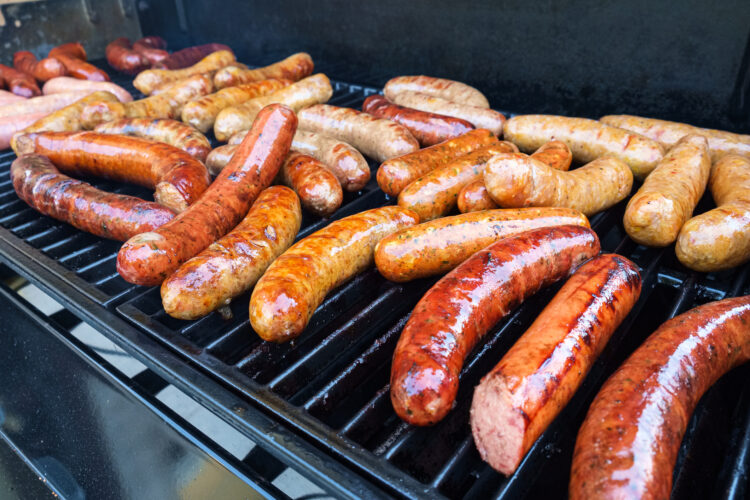
While processed foods changed the way how we buy, store, and consume food, it brought its share of troubles to our health as well. These foods remain edible for months because they are filled with preservatives, additives, and other chemical ingredients that, besides other health issues, cause digestive problems like indigestion, gas, and bloating.
Citrus Fruits

Surprised?! I know. Citrus foods are amazing foods for us. They are rich in fiber and vitamin C, and really helps our body to thrive. However, remember that the nature of the citrus fruit is ‘acidic’, which means that if you already suffer from issues like acid reflux, you should avoid consuming citrus fruits as it will worsen acid reflux and also irritate your esophagus.
Sugary Foods

Multiple scientific researches have repeatedly stated the following: sugar is harmful for our body. Sugar is the primary reason for disbalance in our gut bacteria, and any problems with our gut microbiome makes us vulnerable to lots of health problems, digestive issues like IBS and GERD being one of them. It is also the leading cause of obesity.
Gluten

Like sugar, gluten is also the leading cause of gut imbalance, irrespective of whether you are sensitive to gluten or not. When gluten disrupts the gut, it increases the permeability of the intestinal tracts, leading to digestive issues such as abdominal pain and bloating, and unsurprisingly, we are often nonchalant about them.

Comments
Loading…